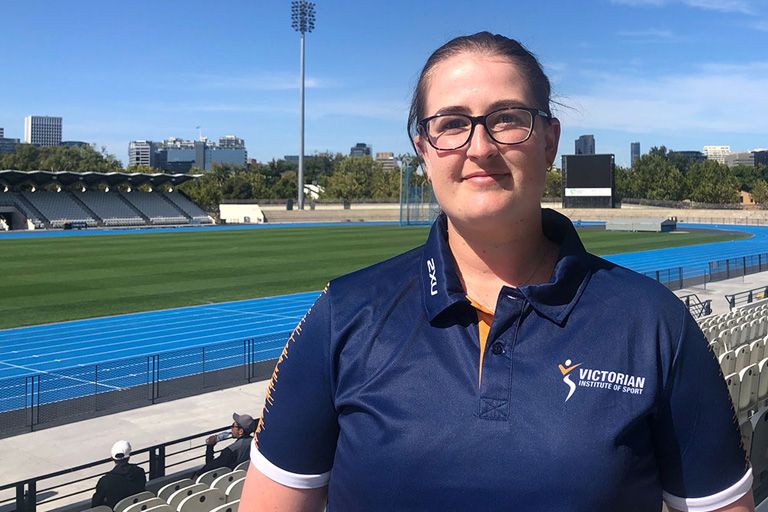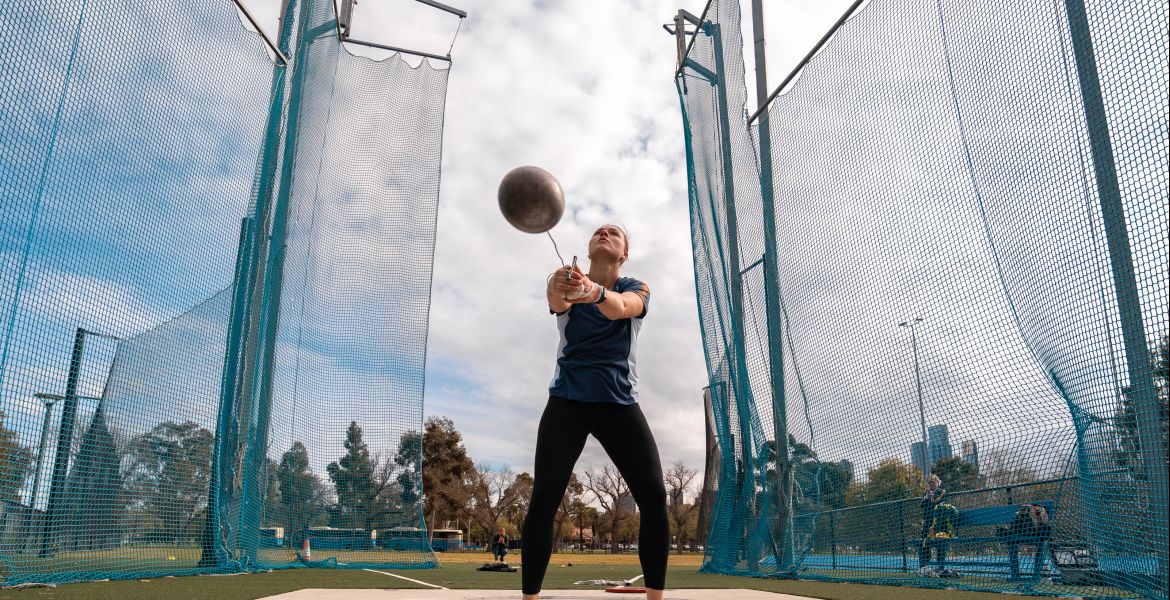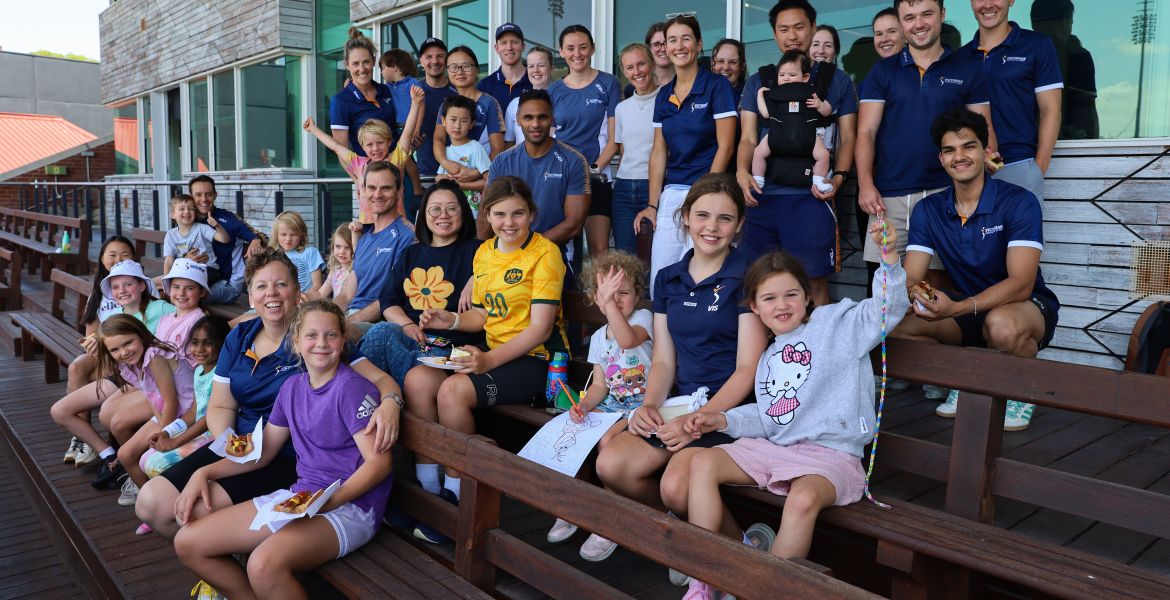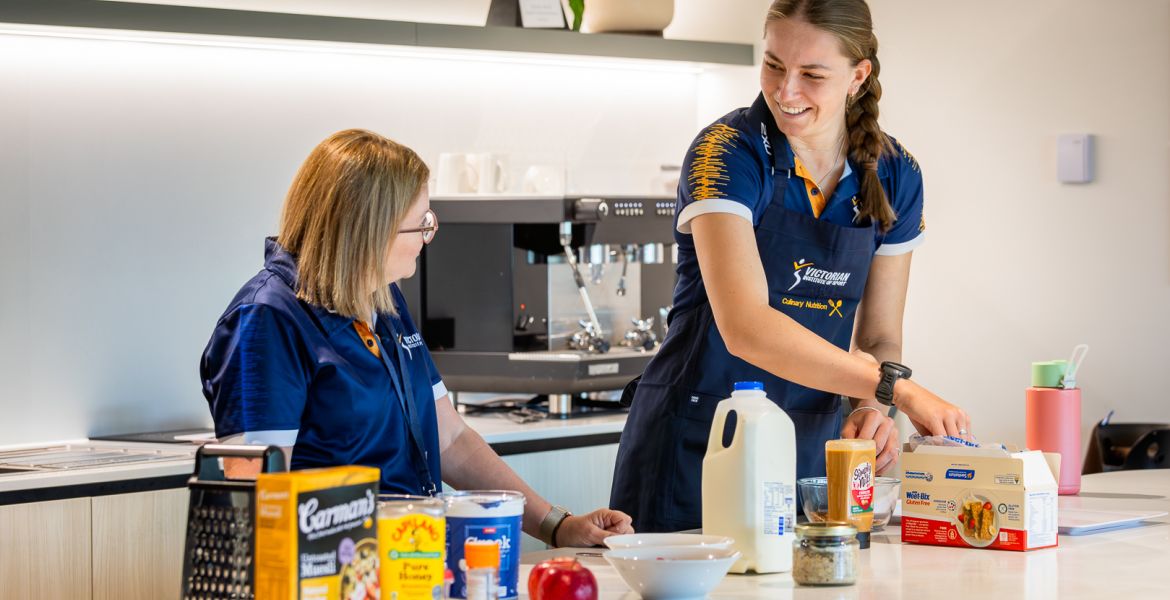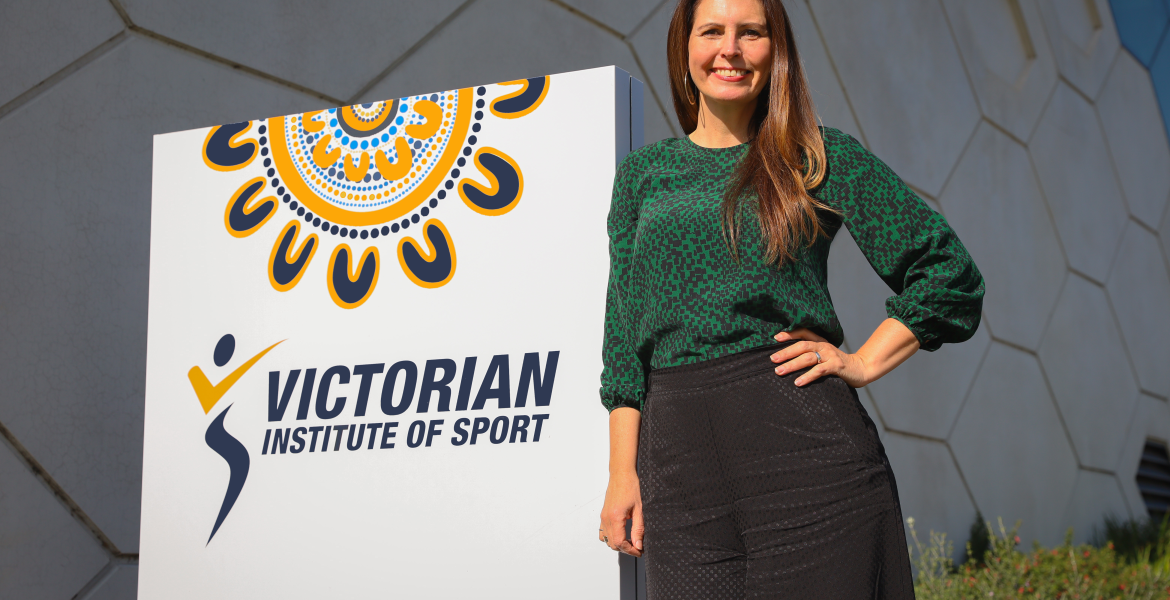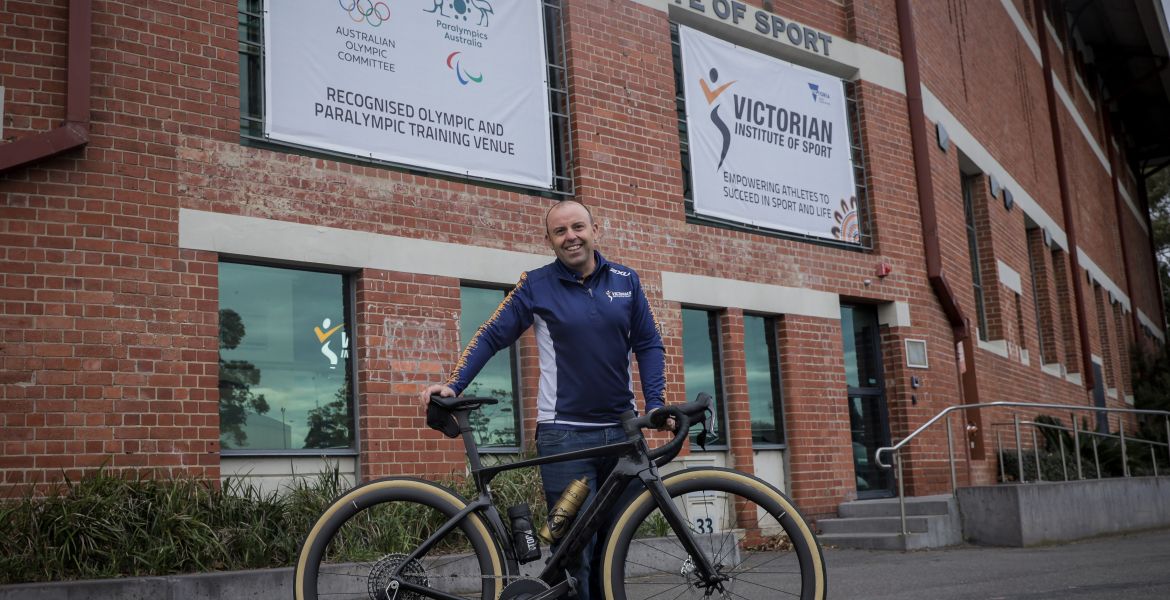If sport is as central to our national identity as we believe it to be, what will it say about us to have the same level of female representation in coaching and sports leadership by, say, the 2032 Olympic Games in Brisbane?
Many sports know the answer and have for some time; creating and supporting opportunities for women in sport that have always existed for men are necessary not only for long term survival but prosperity.
Why else did soccer, cricket and Australian football, for example, open doors to mainstream participation and professionalism for women in the last decade?
Alice Ingley represented Australia as an archer at two Olympic Games; Rio in 2016 and Tokyo in 2020. Over her near 15-year international career as an athlete Ingley was often the sole female on the Australian team.
She saw most of her few female contemporaries in archery leave the sport upon retirement, taking with them their knowledge, expertise, potential mentorship and visibility. Consequently, archery in Australia continued to be over Ingley’s time a predominantly male domain.
A bind existed. The few women in the sport needed to stay in the sport to attract more women but there was no future in doing so. No professional career to consider, either as a coach or administrator. So most left and archery, at least in Australia, remained as it was. Slightly off target.
Ingley thought this would be her fate, too, when she hung up her bow in 2022.
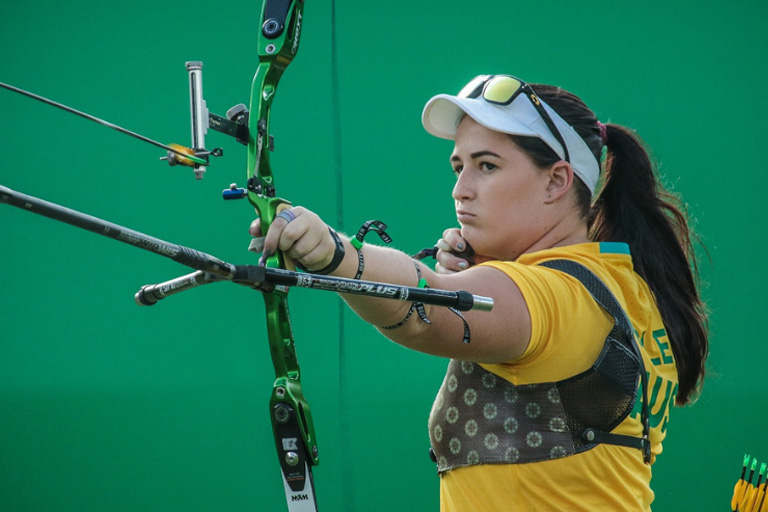
“When I retired, I wanted to give back to the sport but I wasn’t sure how I could or would do that,” she says.
“What did giving back look like? I moved back to Perth, got a so-called normal job outside of sport with a recruitment firm. I wanted something stable. All I had known up to that point was sport.
“I decided to assist with a couple of world cup campaigns, as an assistant coach. I thought that was what it was going to look like. Helping where I could in a voluntary way, as an assistant coach and at local level.”
It was not long after her return to her native Western Australia that Ingley was introduced to the AIS Accelerate Program and, through it, an opportunity in 2022 to become archery coach with the Victorian Institute of Sport.
The AIS Accelerate program, which is supported through the Office for Women, exists to provide retired female athletes with the skills to pursue a professional career in sport. Ingley is mentored by former Irish rower, Claire Lambe, who works out of the VIS as coach development lead.
The VIS was a welcoming new home, too.
The VIS board is chaired by Nataly Matijevic and Anne Marie Harrison has, for 17 years as CEO, attracted and retained many of the best high-performance professionals in the country, male and female, to the extent that 60 per cent of its coaches and 69 of the 120 permanent VIS employees are female.
The VIS director of Performance Health Services and two of the four General Managers of High Performance, among the most senior positions in the state’s peak high-performance centre, are female.
Today, Ingley is among the one-in-ten women coaching professionally in high-performance sport and later this year the 31-year-old is hoping to be in Paris, at her third Olympic Games, as joint coach of the Australian archery team.
“When I was shooting, there was never a thought that I could get paid to do this (coach). Apart from the national coach, coaching in archery was always voluntary. When this opportunity came up, I could see a future, a career.
“After every Olympic cycle I had seen an exodus. A loss of experience and expertise which drained our pool. It was one of the reasons why, historically, we imported our coaches.
“I knew that staying with the program was what I wanted to do and I knew that if I did it might begin to slow the compete-and-leave cycle. That I could be some sort of guide for other female archers, someone in a role that might encourage them to stay in the sport and strengthen it.”
Ingley coaches eight archers at the VIS, four of them female, and is one of two coaches overseeing the national archery program. The other is Ya Ping Shih, the female coach from Chinese Taipei who is based at the New South Wales Institute of Sport and who coached Ingley through her Olympic campaigns.
“Right now, the two coaches across the national program are female. There is a symbolic importance to that, over and above our actual coaching,” Ingley acknowledges.
“Archery Australia has taken a step, has embraced the idea that the long-term health of the sport depends upon welcoming more females into the sport and retaining them. It is certainly tracking that way.
“It’s often said that you can’t see what you can’t see. Archery, and Australian sport generally, needs to see more women. We know that everyone will be better for it.”

